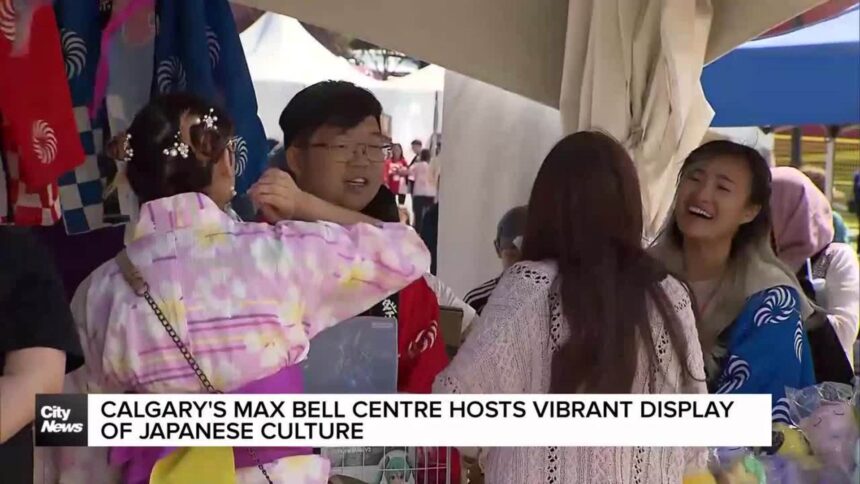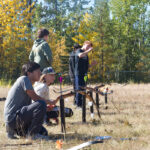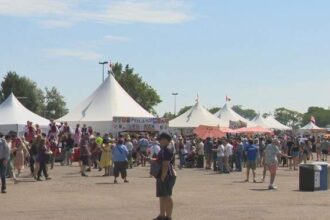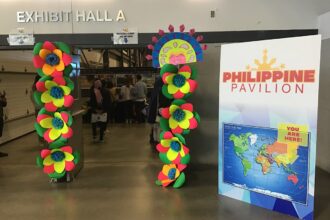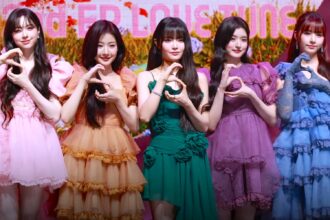The gentle swish of paper fans and the rhythmic beats of taiko drums filled Calgary’s Max Bell Centre this weekend as thousands gathered for the annual Japanese Cultural Festival. What began as a modest community celebration has transformed into one of Western Canada’s most anticipated cultural events, drawing visitors from across the province and beyond.
Walking through the festival grounds, I was immediately struck by the meticulous attention to detail. Origami masters guided children through the precise folds of paper cranes, while calligraphy artists demonstrated the meditative art of shodo with brushstrokes that seemed to dance across the page. This wasn’t merely a display of Japanese aesthetics—it was a living, breathing cultural exchange that bridged generations and communities.
“We started this festival with just a few hundred attendees back in 2018,” explained Keiko Tanaka, chairperson of the festival organizing committee. “This year, we’re expecting over 15,000 visitors throughout the weekend. It shows how Calgary has embraced cultural diversity as part of its identity.”
The festival arrives at a particularly significant moment. Recent data from Statistics Canada shows Japanese-Canadian communities are experiencing a cultural renaissance, with younger generations increasingly interested in reconnecting with their heritage. This phenomenon isn’t isolated to those with Japanese ancestry—it reflects a broader social trend of seeking authentic cultural experiences in an increasingly digital world.
Food, predictably, emerged as one of the festival’s main attractions. Beyond the expected sushi stations, visitors discovered regional specialties rarely found outside Japan. Chef Hiroshi Nakamura, who traveled from Osaka specifically for the event, offered a masterclass in okonomiyaki preparation, revealing techniques passed down through four generations of his family.
“Food is the universal language,” Nakamura told me through an interpreter. “When someone tastes something authentic from another culture, barriers dissolve immediately. It creates understanding faster than any conversation could.”
What distinguished this festival from similar cultural celebrations was its intentional focus on contemporary Japanese culture alongside traditional elements. A dedicated area showcased the evolution of manga, anime, and video games—creative exports that have become global cultural forces. Panel discussions featuring Calgary-based digital artists explored how Japanese aesthetic principles influence modern design across industries.
The festival also provided space for more difficult conversations. A moving exhibition chronicled the Japanese-Canadian internment during World War II, highlighting the resilience of a community that faced profound discrimination yet contributed significantly to building modern Canada. These historical reflections offered valuable context for younger attendees, many of whom were encountering this chapter of Canadian history for the first time.
“We don’t shy away from the complicated parts of our story,” said historian and community elder James Tanabe. “Understanding our past helps us appreciate the present moment—this celebration wouldn’t have been possible seventy years ago.”
Perhaps most striking was the festival’s cross-cultural participation. I observed volunteers from Calgary’s Filipino, Chinese, Korean, and South Asian communities working alongside Japanese-Canadian organizers. This collaboration extended to the performances, where fusion acts demonstrated how cultural traditions can evolve through respectful exchange.
Calgary Mayor Sandra Chen, who participated in the opening ceremony, highlighted the economic impact of cultural festivals. “Beyond the immeasurable social benefits, events like this generate significant tourism revenue and showcase Calgary as a cosmopolitan destination,” she noted. Economic analysis from the city’s tourism board estimates the weekend festival will contribute approximately $3.2 million to the local economy.
As evening approached, hundreds gathered for the festival’s centerpiece: a lantern ceremony where participants released illuminated paper lanterns into a reflecting pool, creating a constellation of gentle light. The moment crystallized what makes cultural festivals so essential to modern urban life—they create space for shared wonder in an often-fragmented world.
In an era where digital experiences increasingly dominate our attention, the Japanese Cultural Festival reminds us of the irreplaceable value of in-person community celebration. It demonstrates how traditions remain vital when they’re allowed to breathe and evolve within new contexts. Most importantly, it shows how cultural heritage, when shared generously, becomes not a boundary but a bridge.
For those who missed this year’s celebration, organizers have already announced dates for 2026, promising an even more ambitious program. If this year’s festival is any indication, it will be worth marking your calendar now.
Learn more about cultural events in Calgary at CO24 Culture and follow emerging cultural trends at CO24 Trends.

